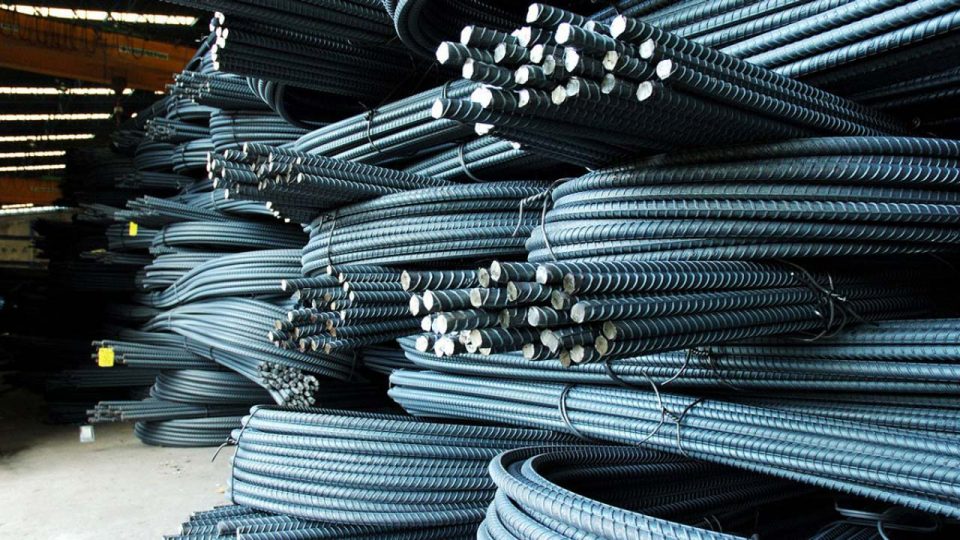Importation of iron, steel and sugar to Nigeria may decline, as merchant shipping vessels have been damaged by shelling and projectiles following Russia’s invasion of Ukraine.
At least, three vessels have been affected by gunfire in the Black Sea off the coast of Odessa and Yuzhny. Two Russian commercial cargo ships were hit by Ukrainian missiles in the Sea of Azov.
Commercial vessels have been asked not to enter the Sea of Azov as access is denied by Russian troops, just as multiple international container lines such as MSC, Maersk and CMA CGM have released operational updates announcing suspensions of vessels calling at Ukraine until further notice.
The Republic of Marshall Islands (RMI) has also issued a Ship Security Advisory admonishing commercial vessels to avoid any transit or operation within the EEZ of Ukraine or Russia within the Black Sea.
According to experts, the situation will affect Nigeria, as both countries in conflict account for substantial part of the country’s imports.
According to the United Nations COMTRADE, Nigeria’s imports from Ukraine was $156million in 2020, while the country’s major exports to Nigeria were iron and steel. They accounted for $125million while sugars/sugar confectionery and pharmaceuticals products were $8.1million and $7.6million respectively.
Speaking on the possible effects of the Russia-Ukraine rift on global maritime activities and the Nigerian shipping sector, a former director-general of the Nigerian Maritime Administration and Safety Agency (NIMASA), Dr. Temisan Omatseye, observed that there would be consequences for Nigeria, because there is a lot of trade-off between Nigerian/Russia and Nigeria/Ukraine.
He said Ukraine exports a lot of iron and steel and dairy products like milk to Nigeria, adding that Nigeria’s crude oil is sold on Free on Board (FOB) with no Nigerian ship plying international waters.
“In terms of seafarers, I don’t know how many seafarers we have trading or training onboard ships in Ukraine or Russia at the moment. As a country, this maritime trade we are talking about is done by foreign vessels, so, it doesn’t have a lot of impact in this area.”
He noted that the conflict would lead to an increase in international freight rates as the global crude oil price has increased.
“The increase in global crude oil prices would have been a good thing for Nigeria if the nation was refining its crude oil. However, the increase in the price of crude oil means an increase in the price of a bunker and it means inflation in Nigeria because it would cost more to import. This pressure is not good for anyone worldwide, but it is particularly bad for Nigeria because it worsens the standard of living and the purchasing power of Nigerians,” he said.
Speaking on the possible logistics constraints for Nigerian major imports from China and US, he said: “I don’t think access to Nigerian-bound goods from China and US will be affected because those vessels do not ply the Russian or Ukraine route. Again, China has been very neutral in its relations and there shouldn’t be any problems with cargoes from China. Of course, commercial shipping will always be protected because these are countries that share borders and it is not like they have to strike themselves over the seas. It has mostly been air and land attacks so far.”
Also speaking, a former Director-General of the Lagos Chamber of Commerce and Industry (LCCI), Dr. Yusuf Muda, observed that Russia and Ukraine account for almost 30 per cent of wheat exports as well as fertilisers globally, noting that limited supply of these products would affect the globe.
He said while a lot of Nigeria’s steel products come from Ukraine and Russia, this conflict is going to affect Nigeria’s trade with these nations.
Muda said if this conflict prolongs, the problems will lead to fiscal deficits and eventually lead to more borrowing as the debt profile will increase.
He said Nigeria should expect inflation because the increase in energy price, aviation fuel, diesel and Premium Motor Spirit (PMS) will be higher.
Speaking from the standpoint of seafarers, President of African Women in Maritime (WIMA) Nigeria, Mrs. Rollens Macfoy, stressed the need to prioritise seafarers’ safety amid the attacks by Ukraine and Russia.
According to Macfoy, commercial ships shouldn’t be attacked or restricted as a result of the cross-fire between both European nations.
“Maritime trade is responsible for close to 90 per cent of global trade and this war, if it goes on, would imply that there will be no passage for vessels from the affected countries. Consequently, whatever economic benefits from such trade would be eroded and the world will begin to experience a drought of those products that should be conveyed through the affected channels,” she added.


